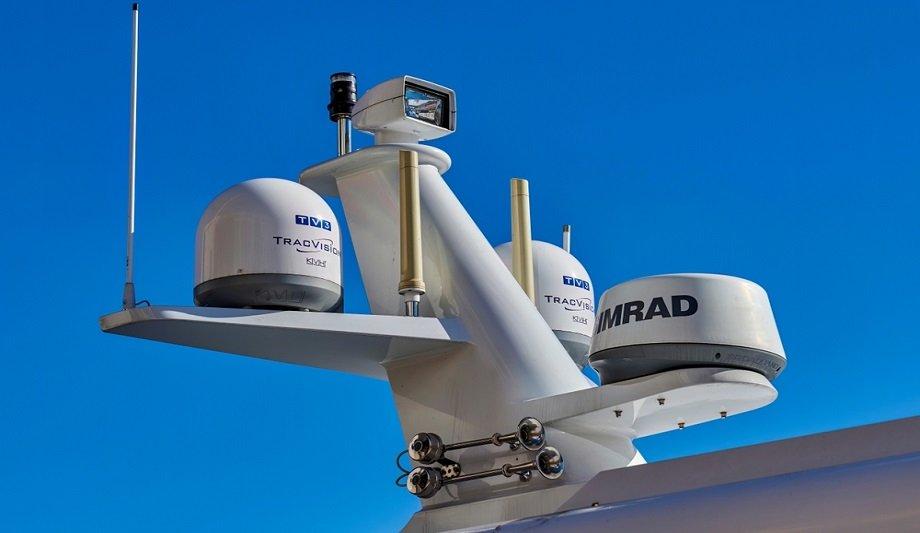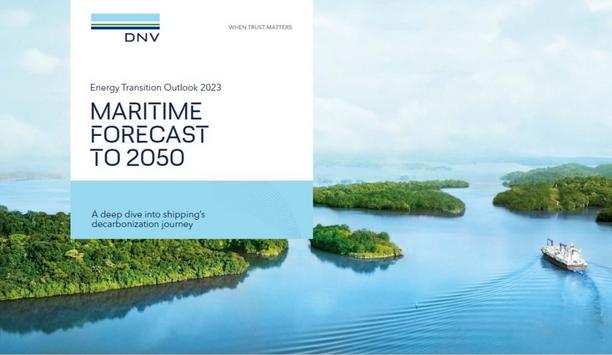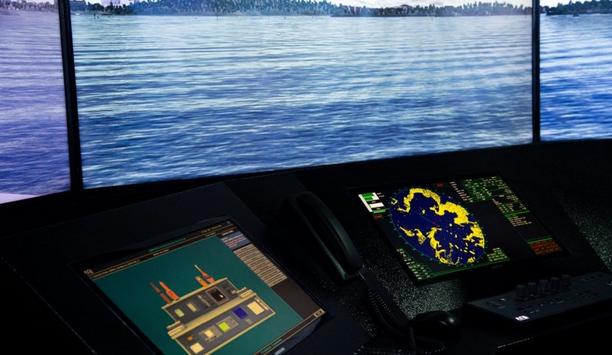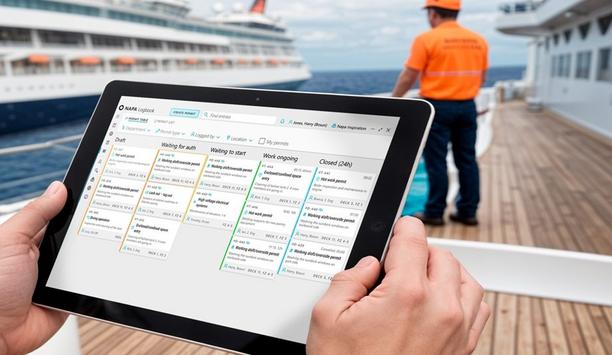The coronavirus pandemic highlighted the shortcomings in the maritime/intermodal supply chain.
Consequences of the pandemic included volume surges, equipment dislocation and shortages, warehousing and affiliated labor shortages, and intermodal rail service disruption.
Pandemic challenges across the supply chain
Among participants throughout the global supply chain, the pandemic challenges underscored concerns about communication, interaction, and coordination.
Because the system is so complex, a breakdown by even one component can disrupt the entire system.
Maritime Data Transportation System (MDTS)
The MDTS would establish a system of information sharing on planned ocean carrier voyages
To address the challenges, and to provide a framework for common data standards, lexicon, and access policies and protocols, the Maritime Data Transportation System (MDTS) has been proposed.
The MDTS would establish a system of information sharing on planned ocean carrier voyages, real-time positions of vessels and estimated arrival, harmonisation of standards for public information related to terminal access for cargo retrieval, and standardised reporting of cargo status for marine terminal operators (MTOs).
Maritime Transportation Data Initiative
The MDTS proposal is the upshot of the Maritime Transportation Data Initiative (MTDI), which began in November 2021.
The initiative included 18 weekly meetings covering every aspect of the maritime/intermodal supply chain, ultimately involving 80 different participants. The initiative culminated with a Data Summit in June 2022.
Recommendations
The recommendations address issues of transparency, ease of access, and coordination
A final document, "Recommendations on the Maritime Transportation Data System Requirements," was issued by Commissioner Carl W. Bentzel and released in April 2023. This article is based on that report.
The recommendations address issues of transparency, ease of access, and coordination of information concerns about cargo movements among various supply chain stakeholders.
Level of transparency
Delivery of a cargo container through the supply chain can take one- or two-month time. During that span, there have historically been “black hole” moments, when the cargo is not “visible.”
In contrast, for example, when a customer orders a $10 pizza to be delivered, the local restaurant provides an order confirmation, and information is available on when the pizza is being cooked when it goes out for delivery, its status while in transit when the driver is approaching the customer’s house, and then a picture to confirm delivery. Wouldn’t it be great if the global supply chain could provide the same level of transparency?
Fragmented supply chain
MTDS would set a standard for information disclosure and keep the delivery mechanism harmonised
That’s the goal of MDTS. In effect, MTDS would set a standard for information disclosure and keep the delivery mechanism harmonised.
The result would be to connect information from an increasingly fragmented supply chain to supply transportation partners with timely operational information.
Factors in play
Insufficient data transparency and industry coordination are major factors exacerbating the business challenges of intermodal shipping, according to the “Recommendations” report.
Transmission of information between ocean carrier and terminal to truck and railroad to truck has been problematic even in the best of times.
Goals
The goals of the MTDI include:
- Cataloging the status quo in maritime data elements, metrics, transmission, and access;
- Identifying gaps in data definitions/classification; and
- Developing recommendations for common data standards and access policies/protocols/practices.
Need for real-time, credible information
Uniformly, cargo shippers proposed the need for data to allow tracking of the movement of cargo by GPS
The most important suggestion participants made during the MTDI comment process was the need to have real-time, credible information on the transport of containerised cargo.
Uniformly, cargo shippers proposed the need for data to allow tracking of movement of cargo by global positioning system (GPS), or other position information systems of the ocean carrier or intermodal rail carrier, from the commencement of its journey until it exits an intermodal rail terminal.
Track-and-trace standard
Implementation of a track-and-trace standard would enable real-time exchange of data throughout the supply chain to allow participants access to harmonised terminology, processes, and significant transportation events, typically communicated through an application programming interface (API).
The U.S. Federal Maritime Commission is in the process of reviewing the report and recommendations internally, and plans will continue to evolve. This summer, the recommendations will be presented to the Commission, with an intent to initiate a process to establish regulations that will create the MTDS, subject to public input and consistent with the regulatory process.





























